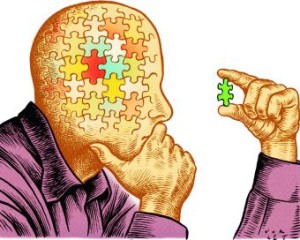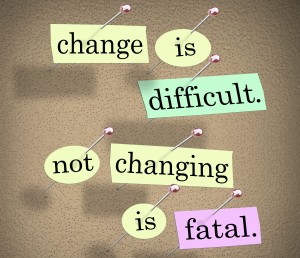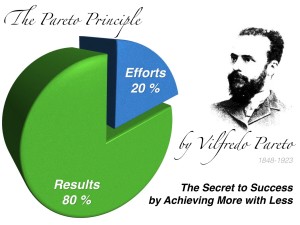Intentional Living Begins Here
Behavior defined can be a physical thing one does such as a morning routine and it can be non-physical such as replaying negative thoughts all day long. A few behaviors are instinctual and built in while the rest are learned through meeting needs. What this means is that our behaviors are motivated by our needs and therefore we can be manipulated as well as manipulate to have our needs met.

So when we have negative behaviors and we want to change them, we find it isn’t always so easy because these learned behaviors that we exhibit are actually rather complex.
There are two types of motivation – the motivation to approach something and the motivation to avoid something. When we desire something, we are motivated to approach it therefore receiving positive reinforcement or feedback. When we avoid something, we are motivated to move away from it or we will receive negative reinforcement or feedback. This is pretty simple. We understand that when we eat something sweet, most of us have a pleasant experience and when we eat something sour, our faces pucker and we try to avoid that experience again.
But let’s look at those things we approach or avoid because the thing doesn’t create that behavior, we do. Some people desire the adrenaline rush of jumping out of an airplane. It is exhilarating – it is something they repeat again and again as it has a positive affect on them and they desire that and are motivated to seek that experience. Some people avoid even the thought of getting on an airplane due to their learned fears that it will absolutely crash and they will die no matter what statisticians say – forget purposefully jumping out of a perfectly good airplane! Did the airplane create these behaviors? No! We learned them. And each of us react differently to different things, experiences, tastes, smells, thoughts, etc. All because of our own personal thoughts and behaviors.
So how do you change your behaviors? Your thoughts? Let’s say you want to become a public speaker but you are petrified of speaking in front of people. How can you overcome this fear, build confidence, perform and knock it out of the park? You have to change your behavior so that you are motivated to approach public speaking effortlessly without turning into a sweaty mess.
Practice. Anything you try for the first time will be clumsy and awkward, maybe even difficult. By practicing your speech – over and over again until it is so engrained in you and flows off your tongue as if it is just another story you are telling a friend, you build your confidence to speak to several friends or a small group… until you are ready to speak to a large audience. Practice.
Shaping. Practice your speech and ask your audience (family members, friends, mentor, coach) for feedback. Try giving it several different ways. Break down the speech into bits and mix it up. All the while correcting your approach and delivery until you shape your presentation and performance.
Chaining. Very good and effective speeches, keynote talks, sales pitches… are complex. They are made up of many components within the speech to get you to the end result you desire – sell a product or service, teach a thought or program, build rapport with your audience, create new clients, whatever your end result is, your speech has to be built on a frame and chaining is how you piece it together so there is a natural flow, a rhythm that mesmerizes the audience. Think about a really good comedian who gets up on stage and tells little stories for the whole set and the last story wraps up and circles back to the first story – bringing the evening to a close so naturally and you give a standing ovation because you were mesmerized by how good he was – he practiced, shaped each story or joke, chained them all together and brought it to a close.
By using these techniques, you can change an old behavior that you don’t want for a new one that you do want. Whatever you want to change, practice your new desired behavior, shape the new behavior by approaching it in different ways and ask for feedback all the while tweaking it, chain all the components of the new skills you are now mastering together and now you have successfully changed your behavior.





